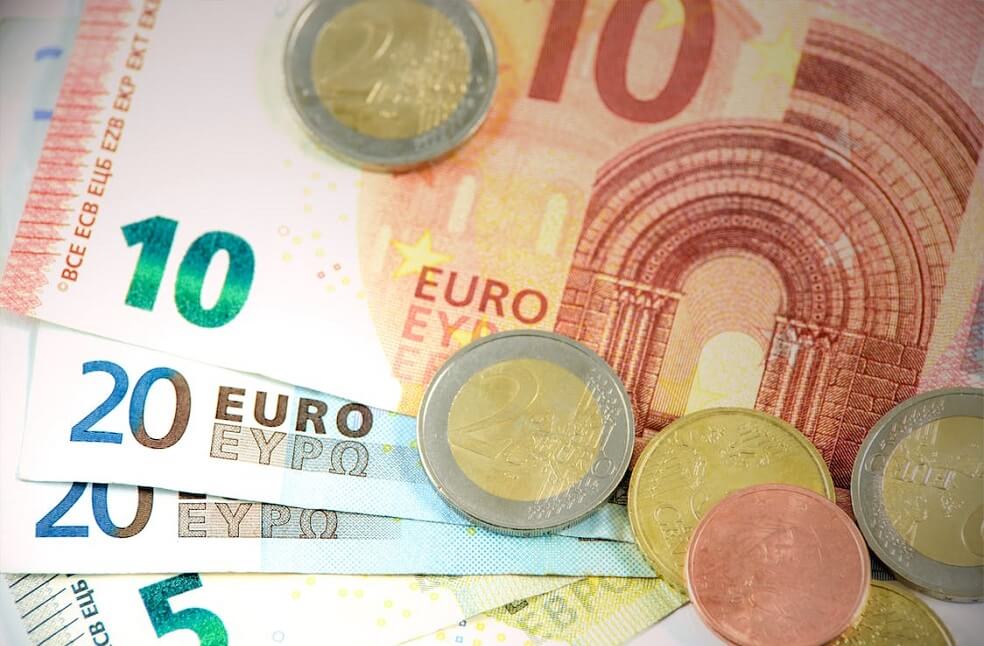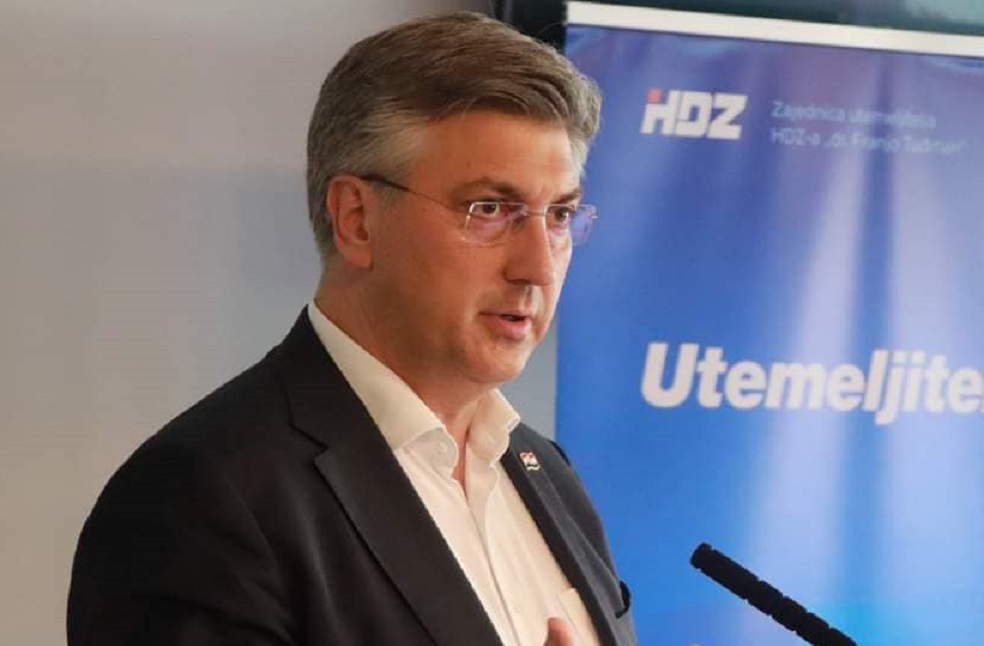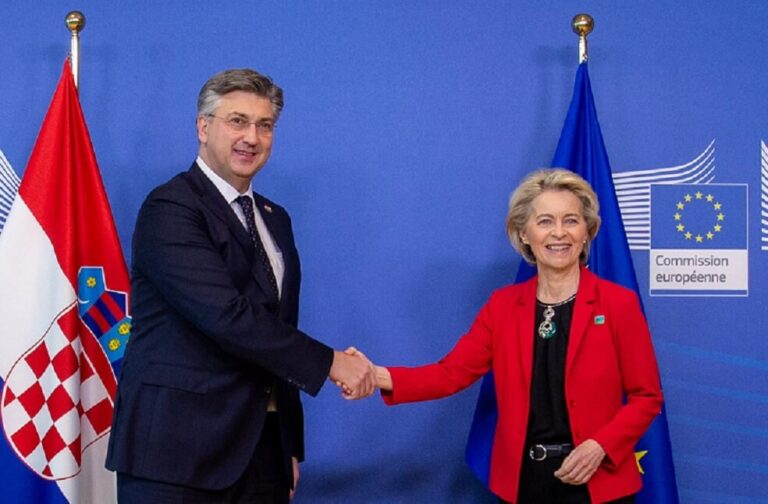Croatia: Croatia has adopted the euro and entered Europe’s borderless zone, which Prime Minister Mr. Andrej Plenkovic called a “historic moment” for his country that joined the European Union nearly a decade ago.
The Balkan nation became the 20th member of the eurozone after bidding farewell to its kuna currency.
Croatia became the 27th nation in the Schengen Zone, the world’s largest passport-free travel area, which enables more than 400 million people to move freely among its members.

“It is the season of new beginnings. And there is no place in Europe where this is more true than here in Croatia,” EU chief Ms. Ursula Von Der Leyen tweeted, as she arrived in Croatia to mark the occasion.
Ms. Von Den Leyen met Croatian Prime Minister Mr. Andrej Plenkovic and Slovenian President Ms. Natasa Pirc Musar at a border crossing with EU member Slovenia.
“We opened our doors to borderless Europe. This goes beyond eliminating border controls, it is the final affirmation of our European identity,” the interior minister, Mr. Davor Bozinovic, shared.

French President Mr. Emmanuel Macron praised Croatia’s switch to the euro, referring to it as a “stable and solid” currency that had helped Europe’s resilience in facing the consequences of the war in Ukraine.
The use of the euro is already widespread in Croatia. About 80 percent of bank deposits are denominated in euros, and the main trading partners of Zagreb, the capital of Croatia, are in the eurozone.
Officials defended the decision to join the eurozone and Schengen, claiming that in doing so, Croatia completes its full EU integration. The country, which has a population of 3.9 million people, joined the EU in 2013.



